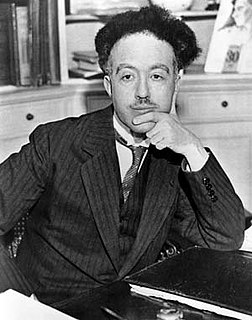A Quote by Simone Weil
One might lay down as a postulate: All conceptions of God which are incompatible with a movement of pure charity are false. All other conceptions of him, in varying degree, are true.
Related Quotes
Our conceptions of morality, as all our other ideas, pass through a course of development; the difficulty comes in adjusting our conduct, which has become hardened into customs and habits, to these changing moral conceptions. When this adjustment is not made, we suffer from the strain and indecision of believing one hypothesis and acting upon another.
Charity is the pure love of Christ. Let's bring it down for us lay folk to understand. Selflessness, patience. . . . a great definition. . . Charity: The ability to love the sinner and hate the sin. Note: For Hyrum Smith's other ideas which he regards as pertinent to Success, see Topics: Character, Charity, Goals, Humility, Peace of Mind, Sacrifice, Success-Change-Personal Growth, Success-Change-Constructive Imagination, Wisdom
The more serious poetry of the race has a philosophical structure of thought. It contains beliefs and conceptions in regard to the nature of man and the universe, God and the soul, fate and providence, suffering, evil and destiny. Great poetry always has, like the higher religion, a metaphysical content. It deals with the same august issues, experiences and conceptions as metaphysics or first philosophy.








































